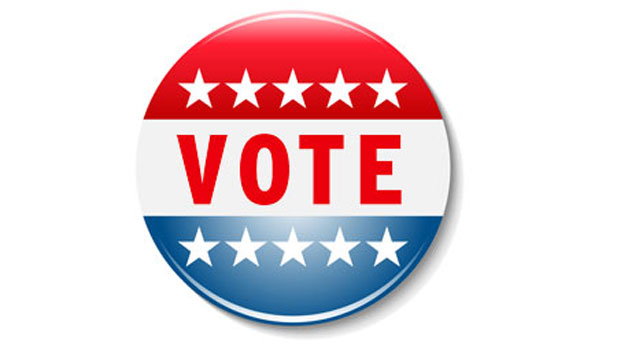 Vote Button
Vote Button
Listen:
The troubles in March’s Presidential Preference Election included too few polling places in Maricopa County and Pima County voters being turned away because of registration issues.
Headlines across the country shouted out the news about five-hour waits in Maricopa County during last month’s election.
The shouting was not confined to newspaper headlines. Voters shouted their displeasure in legislative meetings as well as Maricopa County Board of Supervisors meetings.
Maricopa County officials promised they would have more polling places for the May 17 special election.
To ensure that, state Sen. Kimberly Yee, R-Phoenix, sponsored an amendment to an elections bill. That amendment requires Maricopa County to have a minimum of 200 polling places for future Presidential Preference Elections and special elections.
The change does not apply to the May 17 election.
The U.S. Department of Justice launched an investigation into accusations that Maricopa County’s decreased polling places and long lines were more likely to affect minority voters. If the investigation shows that, the county could find itself in trouble for violating the Voting Rights Act.
Sen. Martin Quezada, D-Phoenix, applauded the spirit of the legislation proposed by Yee but voted against it.
“An equal distribution of polling places does not mean that that is an equitable distribution of polling places,” he said.
Yee said she understood his concerns but doesn’t see the problem as one targeting minorities.
She pointed out the a number of members of the legislature, including herself, waited in the hours-long lines.
Secretary of State Michelle Reagan said she sees no malice in the decrease in Maricopa County polling places.
“We want to be prepared, always for extreme high voter turnout because that is what we are shooting for,” Yee said.
Despite the spotlight on Maricopa County, problems for the May 17 election already cropped up.
The Spanish-language section of the ballots lists Prop 124 as education-related. It deals with the public safety retirement fund.
County officials sent out postcards correcting the problem and printed new ballots for Election Day.
Pima County did not see the long lines during the Presidential Preference Election, but there were problems.
Voters complained they arrived to vote only to be told they could not because voter rolls showed them as independents.
Those voters said they were not independents, but were forced to cast provisional ballots.
Arizona law prohibits independent voters from casting ballots in the Presidential Preference Election.
Pima County Recorder F. Ann Rodriguez says her office is still investigating those complaints.
“Every citizen that called us up, we went through all their records to make sure there wasn't an error," Rodriguez said.
Following the election, Reagan said that type of problem is common, but it is not normally so widespread as it was in March.
Reagan’s office looked into the problem and said an old website is to blame.
“It is the way that if you go in and were to change your address or you were to change something on the system, you have to click through several pages in order to make the changes save in the system,” Reagan said.
She said the system should be fixed in time for the August primary.
Any registered voter can cast a ballot in the May special election, regardless of party registration.



By submitting your comments, you hereby give AZPM the right to post your comments and potentially use them in any other form of media operated by this institution.